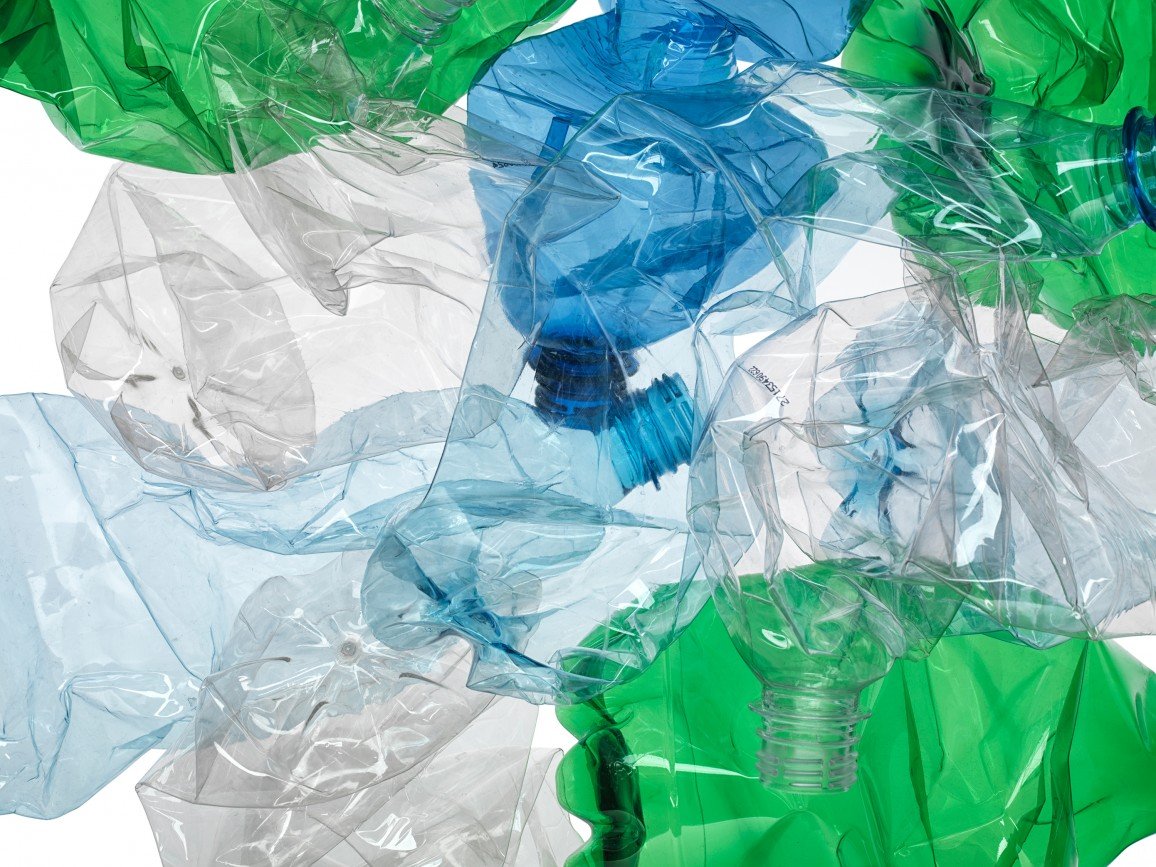Five things you can do to support recycling

In our blog post ‘Recycling at ALPLA: an introduction’, we talked about what recycling is and why it is so important for the environment. In order to create a more sustainable world for us and for future generations, we have to make the effort to dispose of our waste in a way that is not harmful to the planet. After all, up to 70% of our waste can be recycled or reused.1 Reusing items is a great way of extending the life cycle of materials. But if you don’t reuse your packaging, make sure you recycle it! There are several ways to take full advantage of the recycling opportunities in your area.
1. Find out what you can recycle
Far more materials and products can be recycled than you might think. However, there is no universal standard, which means there are different recycling systems in different regions. The best way to find out is to check with your local recycling centre or council. They can tell you how materials are separated, and you can arrange your waste disposal accordingly. Waste can generally be distinguished into three categories:
- Organic waste, such as food and garden waste (compostable)
- Recyclables, including plastic, paper, glass and metal
- Residual waste, which summarises the remaining non-recyclable materials
2. Find out where you can recycle
Where you can take your recyclables depends largely on economic, ecological and geographical factors. There are different waste management systems in place all over the world. In Germany, for example, there is a deposit system for bottles, which offers great return rates for packaging. Systems can range from a collection system, where authorised collectors take the separated waste from your home, to systems where you have to bring your separated waste to an official collection point. Find out from your local council or the Internet what your options are. The most important point to remember is not to dispose of waste outdoors, which could endanger humans, animals or the environment. Landfilling or waste littering is the least favourable option, as you can see in the EU waste management hierarchy.
3. Start the recycling process at home
Separating and cleaning materials as best as possible is a crucial step in recycling. Organising your recycling can help the process immensely. Find a system of storage that suits your home to assist you in separating your materials. You could display a picture or description of what can be recycled to make it easier for all family members to separate the waste correctly. Crushing your packaging, to make it as small as possible, reduces the size of your waste and thus the space it takes up. In this blog post, Chris Gardner lists ideas for recycling systems in small spaces.
4. Support brands that are involved in recycling
Find out which brands are engaged and active in recycling activities. Keep an eye out for recycling logos or claims. If there is a recycling logo on the packaging, such as the Green Dot, you know that the company supports the regional recycling activities and has thus implemented extended producer responsibility. Some companies will state on their packaging how much of their product is made of recycled material. If products with recycled content gain in popularity and are bought regularly, other companies will realise the importance of this topic to consumers and thus to their customers.
5. Pass it on
We can increase our impact even more if we spread the message. You can start small by getting your household involved. Explain to them the importance of recycling and how they can contribute. You can talk about it with friends, at the gym and at work. Find out if there are any organisations in your area that support the cause and get involved. Contact your local authorities if you feel more could be done in terms of recycling in your area and share your ideas with them. The more people are involved, the more products will be recycled, and consequently, the strain on our environment will decrease.
Depending on where you live and which options there are at your disposal, recycling can seem like a challenge. However, following these tips will help you make the most of the recycling system in your region and help to keep the waste from where it does not belong – nature.
Do you like our texts? Perhaps even so much that you want to use them in your own media? Then please get in touch with us beforehand!
